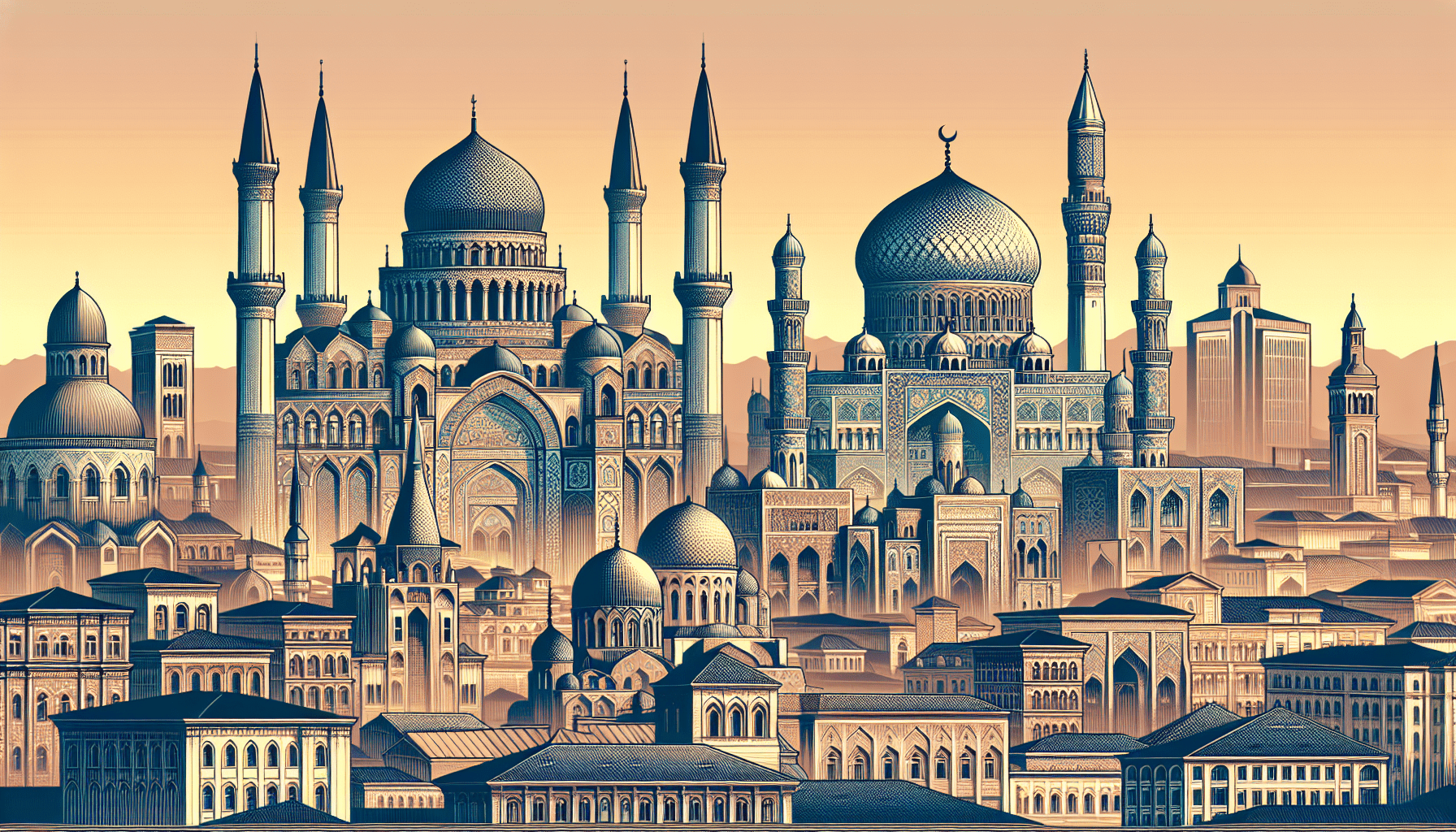Welcome to a fascinating exploration of the role of Istanbul as a cultural capital. This vibrant city has a rich history and diverse heritage that have shaped its identity as a cultural hub. From its stunning architecture and dynamic arts scene to its flavorful cuisine and colorful markets, Istanbul offers a unique blend of traditions and modernity that make it a truly captivating destination for cultural enthusiasts. Join us as we delve into the significance of Istanbul in preserving and promoting its cultural heritage for future generations to enjoy. Have you ever wondered about the significance of Istanbul as a cultural capital? Let’s delve into the rich history and diverse cultural influences that have shaped Istanbul into the vibrant city it is today.

